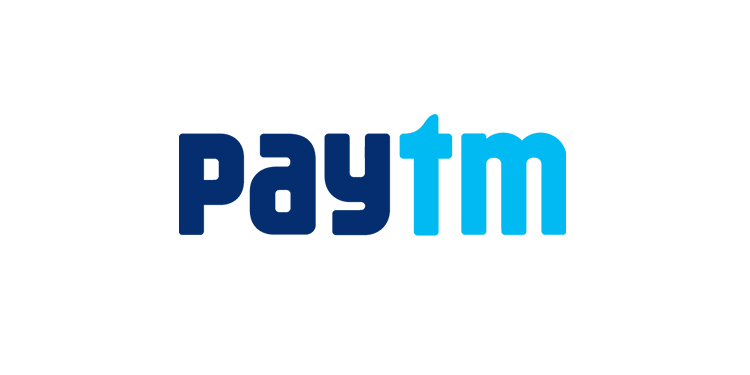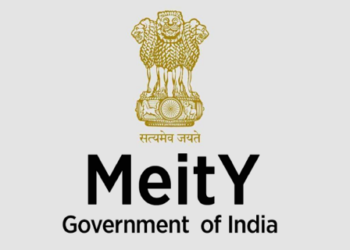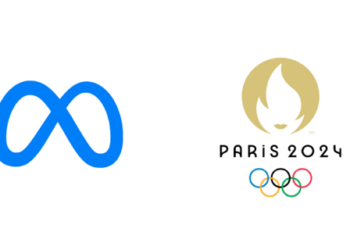Mumbai: India’s leading digital payments and financial services platform, Paytm has closed the bid/offer for its IPO, by being 1.89x oversubscribed. From once being India’s highest-valued unicorn to today, set on being the country’s largest stock market debut, the company stands as a testament to the true Indian entrepreneurial story.
As per data from the exchanges, the subscription at the end of Day 3 saw the largest IPO being over 2.79x oversubscribed by QIBs and 1.66x by retail investors. A total of 9,14,09,844 Paytm shares have been bid for as opposed to the 4,83,89,422 shares available.
Paytm IPO has seen surplus demand rushing in as QIBs, domestic institutional investors and mutual funds bid on the final day of the IPO offer. Historical records have proven that when it comes to large IPOs, while retail investors bet on the first day, QIB and HNIs invest in the later days of the subscription. Some of the largest IPOs from before like Coal India had seen the highest subscription on the final day of bidding. Coal India was only 1.71x on Day 2, but closed at 15.28x on the last day. The same trend was seen even for recent, and significantly much smaller IPOs like Nykaa and PolicyBazaar, where more than 90% of the QIB bids, and also overall bids, came in on Day 3.
Earlier, on Day 1, Paytm’s IPO had secured the highest ever retail percentage subscription for IPOs with retail sizes in excess of INR 1,000 crore over the last decade, which was subsequently oversubscribed early on Day 2.
With IPOs whose size is as large as Paytm’s, subscriptions cannot be viewed in the same way as recent internet IPOs. Paytm’s large issue also meant that its retail size is much larger in absolute terms of value than that seen in recent internet IPOs like that of Zomato or Nykaa.
All eyes are now on when Paytm will ring the bell in the stock exchange. Paytm, when listed, will be one of India’s most valued companies. Paytm will be heading to the markets with a whopping $20 billion valuation. The analysts at Reliance Securities also spoke of Paytm’s valuation saying it stands for its worth as it “has created significant scale and brand equity that are likely to sustain”.
The company is expected to list by November 18.
Paytm had closed India’s largest anchor round on November 3 as it raised ₹8,235 crore. Blue-chip global investors and tech-focussed funds have made their first-ever investment in Indian public markets through the Paytm IPO while investment giants like Blackrock, CPPIB and GIC have made their largest bets in an Indian IPO. The company has also attracted world’s top pension funds, superannuation funds as well as sovereign wealth funds like Government of Singapore, CPPIB, ADIA, APG, City of New York, Texas Teachers Retirement, NPS Japan, University of Texas, NTUC Pension out of Singapore, University of Cambridge. The largest Emerging Markets dedicated investors like Standard Life Aberdeen, UBS, RWC have also taken part in Paytm’s anchor round.
Paytm, which started off as a mobile wallet in 2009, has gone on to add many more businesses — Paytm Payments Bank, Paytm Payments Gateway, Paytm Payout, Paytm Money, Paytm Insider, Paytm Insurance, Paytm Postpaid (Buy Now Pay Later), Paytm for Business, Paytm Credit Cards, Paytm First Games along with utility bill payments, offline merchant payments, rental payments, content and much more.
The company has seen a huge uptick in its revenues driven by its payments and financial services offerings. The company’s revenue is up by 46% to ₹9,480 million in Q1FY22, from ₹6,494 million in Q1FY21. It is on the path to profitability as the company has already reported contribution margin profits. Paytm has also grown to be a financial services giant, which brings with it more opportunities. Paytm’s payments and financial services alone contribute to almost 80% of its revenue.
















